The civil society hearing is a key instrument in the consultation process that the President of the General Assembly holds for the negotiation of the Zero Draft, which member states will then negotiate and approve on 10 June 2016. As usual, a long document is expected, full of rhetoric and politically-correct language, balanced by the cultural relativism demanded by more conservative countries.

In a forthcoming article we will refer to the process and the most effective way of participating in the next sixty-odd days left for discussing and approving the political statement.
Like civil society participation at the High-Level Meeting, the hearing was held by the civil society stakeholder task force (STF) convened by the President of the General Assembly.
This Wednesday at the United Nations four thematic panels were held on funding, neglected populations, innovation and partnerships, with 20 civil society representatives and leaders, experts in their fields. After each panelist had given a brief 3-minute presentation, the participants in the auditorium, numbering over 400, had the opportunity to ask questions and make comments.
As usual, there were long and repetitive arguments made from the hall, where delegates of NGOs from all over the world, including Latin America, expressed their concerns and set out their agenda, often taking up more time than the speakers.
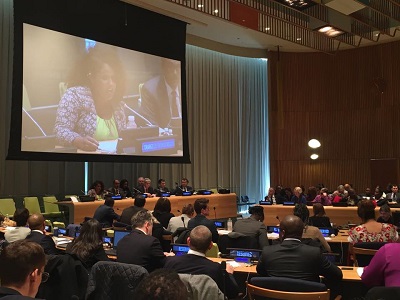
Like a world parliament of civil society, each ‘representative’ expressed—and in many cases read out— arguments that had nothing to do with what had been said or what was supposed to be debated. The important thing is to go to New York and say what we need to say, in detriment to dialogue, the transversalization of agendas, and the search for consensus. Just like policy-makers from many of our countries, representatives monologued when this was perhaps a key opportunity for a real debate. This is what we are like, and the strange mix of the imposition of an agenda, working in silos and self-centered egos drive us towards an unproductive political autism.
In turn, the pressure that many NGOs exerted on the presenters was lamentable and shameful, and included attitudes that were totally maternalist/paternalist. Part of the STF’s mandate was to provide support, review and go over the statements but this work was done with full respect for the content and forms of the authors, which included the position of their constituencies. We categorically condemn that manipulation and underestimation of our people.
Some central issues from the hearing:
The hearing allowed civil society to present its agenda. (Photo: Carlo Oliveras)

1. At least $26 billion per year is needed to respond to HIV. This money has to come from somewhere, from developed countries or developing countries. We are still facing a global health crisis and the money is there, it is in our countries.
2. UNAIDS calculates that between 15% and 20% has to be invested in communities and civil society, not to buy us out but to form partnerships with us.
3. We know that after the 2001 UNGASS the Global Fund for AIDS, Tuberculosis and Malaria was created. Since its creation, it has saved 17 million lives. Today we are very concerned about the future funding of the Global Fund.
4. With current prices, medicine patents and trade agreements, many people will continue to die. With this abusive corporate behavior our countries will never be able to take possession of innovations and deploy a sustained response.
5. All that remains is to go back to our countries and work with our government officials over the next 65 days to discuss, agree and instruct the permanent missions as to the political statement to be negotiated in June.
6. The stakeholder task force (STF) and many other organizations and networks would like to see a clear investment goal in the political statement, and we demand to see a significant allocation of this money to civil society.
At the close of the event, the STF thanked in particular the backing of ICASO, UNAIDS and the Office of the President of the General Assembly.
We will have more information shortly on the processes, key documents and positions of Latin American states.





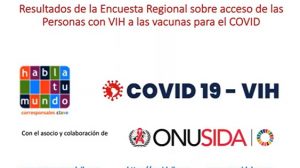
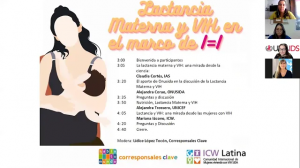
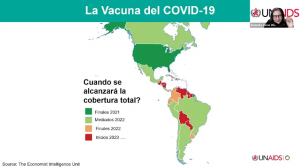
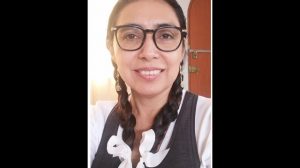
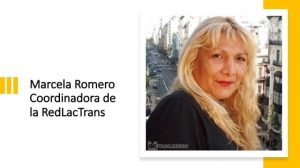
Añadir comentario